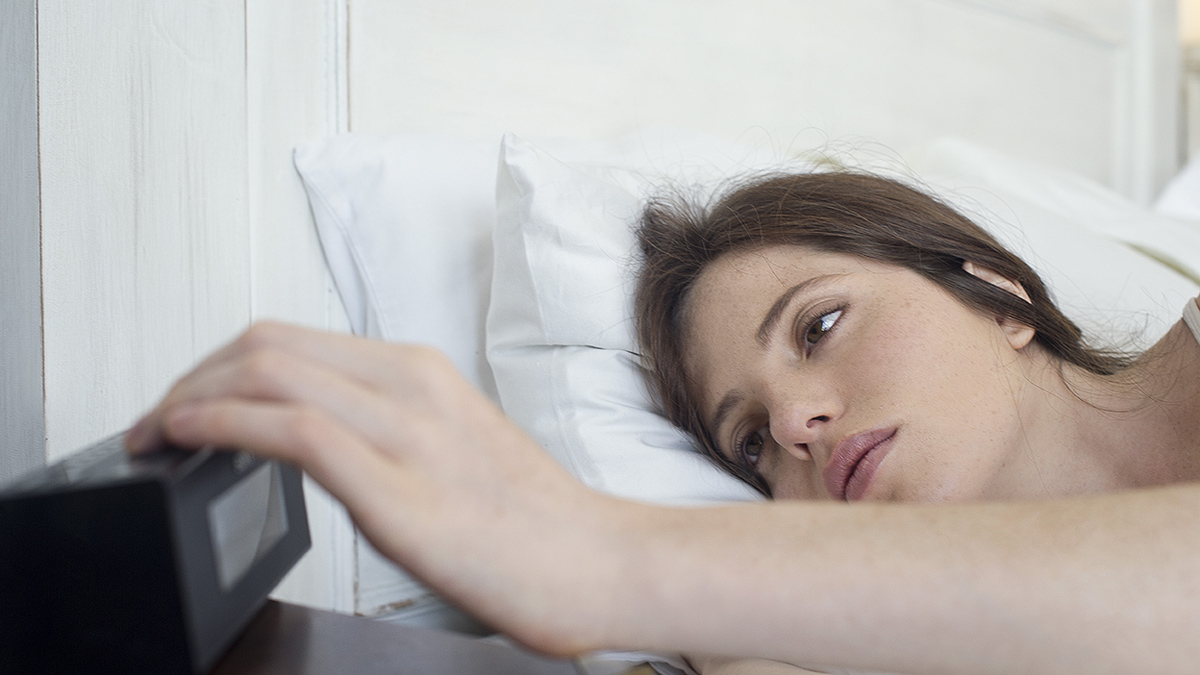 It is probably fair to say the human race has never been so preoccupied with health as it has been over the last 18 months. The pandemic has focused attention on health and well-being to a degree never seen before, with infection rates, hospitalisations and medical breakthroughs dominating the global news cycle.
It is probably fair to say the human race has never been so preoccupied with health as it has been over the last 18 months. The pandemic has focused attention on health and well-being to a degree never seen before, with infection rates, hospitalisations and medical breakthroughs dominating the global news cycle.
This is to be expected as humanity faces up to the greatest health threat in a century. But beyond the impact of COVID-19 itself, how is society bearing up health-wise? What impact has life under coronavirus had on our general health? Research by Cigna throws up a mixture of obvious and unexpected findings. Among the most obvious of the results revealed in Cigna’s 2021 360 Well-Being Survey is the fact that living with COVID-19 is a stressful experience.
Respondents to the study, which covered more than 18,000 people in 21 markets worldwide, reported getting less sleep this year than they did before the pandemic. The four-percentage-point drop in people claiming to have good or excellent sleep is likely to be combination of people’s worries about the health crisis, as well as associated impacts such as loss of income and lack of social interaction.
Tips for top mental health
Sadly, there is a clear link between lack of sleep and mental health issues. So, for the 70% or so of people who are having trouble sleeping, we recommend adopting simple sleep-enhancing behaviours such as eating a healthy diet, exercising in the fresh air and reducing the amount of caffeine you drink.
Thankfully, however, our research also threw up some unexpected—and positive—findings. Perhaps the most notable of these is that lockdown living hasn’t led to a boom in obesity, as many experts predicted. On the contrary: scores for physical health and exercise have improved in the last year after steady declines since 2018.
Healthier at home
As gyms closed and amateur sports were curtailed, people simply set up home gyms and purchased fitness trackers and apps to help stay in shape. Peoples’ diets have improved, too, so more people now report having a healthier weight than did before the pandemic.
These improvements were greatest among 25 to 34-year-olds, where 69% of those surveyed claimed to feel good, very good or excellent about their weight and diet. But even in the general population, 62% of respondents were happy with their weight and 67% said they ate a healthy diet. Elsewhere, 56% of respondents said they exercised regularly, a figure that rose to 61% in 25 to 34-year-olds.
Keeping up the good work
Our research showed something of a gender gap in these scores, with men generally reporting higher physical well-being than women. But even so, more than half of the women surveyed were exercising on a regular basis. The challenge for many will be how to keep up this positive trend in physical activity as vaccination programmes gradually bring back a state of relative normality.
For workers facing a return to the office, for instance, we recommend taking healthy packed lunches, switching to healthier snacks (almonds instead of crisps, for example) and prioritising lean protein over fatty options. One other unexpected finding from our research is that parents have by and large benefited from being cooped up with their kids.
Living with the kids is alright
While juggling homeworking with childminding might seem like a recipe for stress and exhaustion, in fact working parents with children under 18 have scored above average on physical, social, family, financial and workplace measures. For these people, returning to the workplace could be a stressful time—particularly if there is ongoing disruption to children’s classes due to COVID-19.
As we continue to navigate our way through this uncertainty, keep in mind that Cigna has a number of resources that could be useful. Our Stress Care hub has advice, tools and resources to help manage stress, while the Cigna Body&Mind app helps users to monitor and improve all aspects of well-being.


